Travel Trends Forecast for 2019
by on 08.03.2019
Consciousness. If there was one word that defines the biggest shift in how we as consumers are spending our resources, this would be it.
Based on in-depth market research and analysis, Euromonitor recently released its annual report identifying the top 10 Global Consumer Trends for 2019 and it’s clear that a fascinating shift in consciousness has been taking place around the world.
Simplicity, minimalism, mindfulness and ‘opting out’ seem to be some of the key words connected to each of the trends, suggesting that a lot of us are finally shaking our habit of overconsumption. While the Euromonitor report focuses on consumers’ spending habits, we applied the trends to travel. Let’s take a look.
Age Agnostic
The boundaries of old age are shifting as people are living longer and taking better care of their health, appearance and wellbeing.
Baby Boomers (born between 1946 and 1964) are largely responsible for this major change in how we view age. Even though the oldest of this generation are now in their early 70s, they typically do not view themselves as ‘old’ and make a great effort to remain fit, healthy and on top of technological trends.
They are also the generation with the most financial spending power, as well as the ones with the most access to leisure time.
Where travel has long been seen as the domain of the young, with marketing efforts focused largely on 18 to 45-year-olds, companies are rapidly changing tack to cater to these affluent, adventurous and curious Baby Boomers.
“For a growing segment there is now a greater appetite for tailored experiential travel,” Sean Berenson, Product Nation Leader, Flight Centre NZ, says. “Senior travellers now want to go on food and wine adventures, river cruises, or self-drive journeys where they have the freedom to simply hit cruise control and navigate their own way.”
We’re well aware of this growing desire for independence, connection and a more conscious approach when it comes to travel. It is why we launched Destinate Travel and designed the kind of packages and experiences that allow travellers of all ages the opportunity to connect with places and their people more deeply. Take a look at these Unusual Finds.
Image by Coffeebeans Routes
Back to Basics for Status
Middle-class consumers in developed markets live in a society where they can access almost anything, from anywhere in the world at the click of a button and without breaking the bank.
Well it seems that the novelty of this excessive access to commodities has worn off, as people seem to be embracing a loyalty to local.
“Buying hyperlocal food is growing in popularity for a range of reasons including that it supports local businesses, food is fresher and tastes better, it reduces the environmental impact by eliminating ‘food miles’ and may offer better value for money as it encourages the consumption of in-season fruit and vegetables,” reads the report.
While this is certainly true for food, the same can be said for clothing and beauty products. As consumers become more conscious of how their purchases affect the bigger picture, they are choosing hand-crafted over mass-produced, as well as vintage/antique over brand new.
We’re big fans of supporting local small businesses and want to make it easy for our clients to do the same. Because of this, we’ve launched Destinate Style alongside Destinate Travel, which features curated clothing and beauty products that are gorgeous, affordable and proudly African.

Image by Mangishi Doll
Conscious Consumers
As people are becoming increasingly aware of their consumer footprint, they’re adjusting their choices to be more ethical, kind and eco-friendly.
This can perhaps be seen most clearly in the remarkable rise in veganism across the globe. More and more people are choosing to cut animal products out of their diets and wardrobes, as well as going the extra mile to purchase toiletries and beauty products that have not been tested on animals.
This commitment to ‘first do no harm’ undoubtedly extends to travel as well and can perhaps be seen most clearly in the widespread turn away from hands-on animal experiences, such as cub petting and elephant riding. We are very serious about working with partners who subscribe to a strict ethical code of conduct, especially when it comes to animal interactions. We are very proud to be associated with, among others, Marine Dynamics who offer eco-conscious ocean excursions, as well as Panthera Africa, a sanctuary for big cats focusing on observational education.
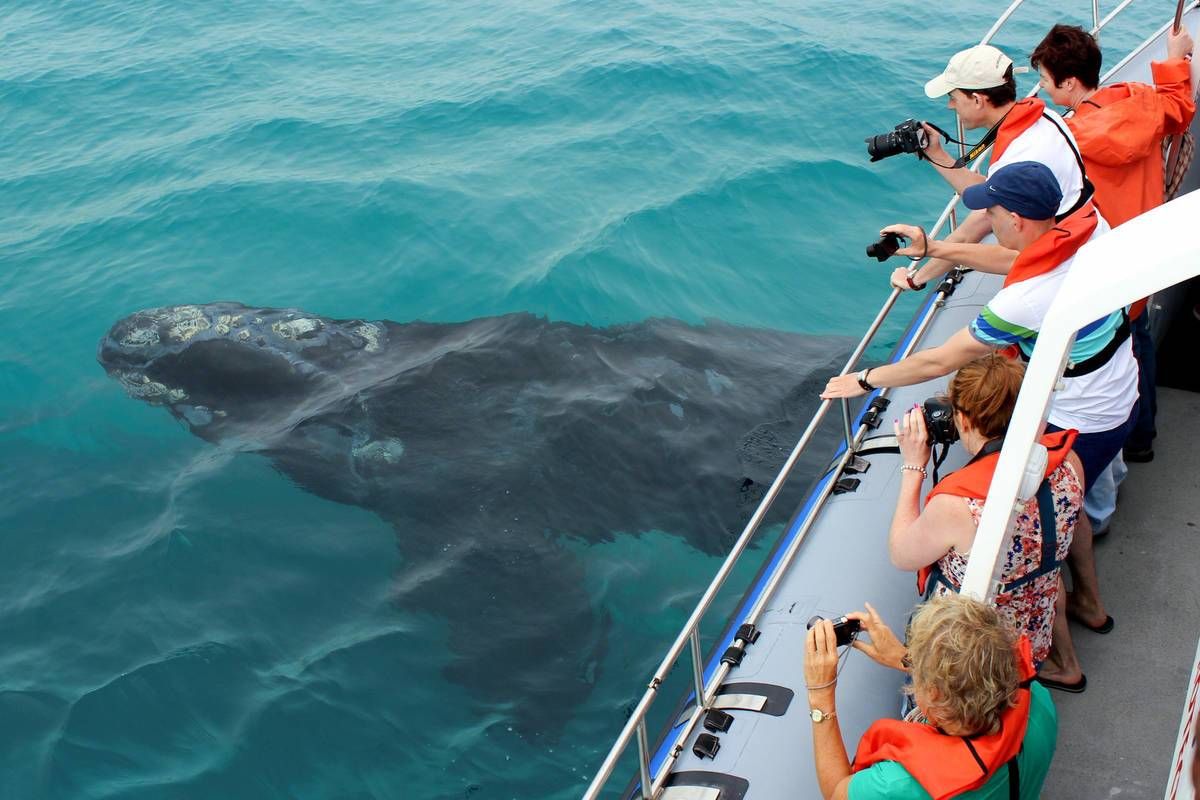
Whalewatching with Marine Dynamics
Digitally Together
Sharing our experiences with friends, family and strangers online has become second nature for all of us.
“Globally, 45% of people share photos or videos weekly, up from 38% in 2015. This active sharing is also being complemented or replaced with passive sharing when we opt-in to have our personal data, such as location and activities, constantly streamed to our friends or family through apps such as Life360 and WhatsApp,” the report reads.
We have always been big on digital storytelling and are excited about the fact that more people of all ages are feeling comfortable sharing their experiences with others online. We know people are much more likely to visit destinations or take part in activities that have been recommended by friends and family – whether by word-of-mouth or on social media. As trust becomes more and more important as a travel commodity, travellers are turning to friends and people they trust or relate to for travel inspiration and recommendations.
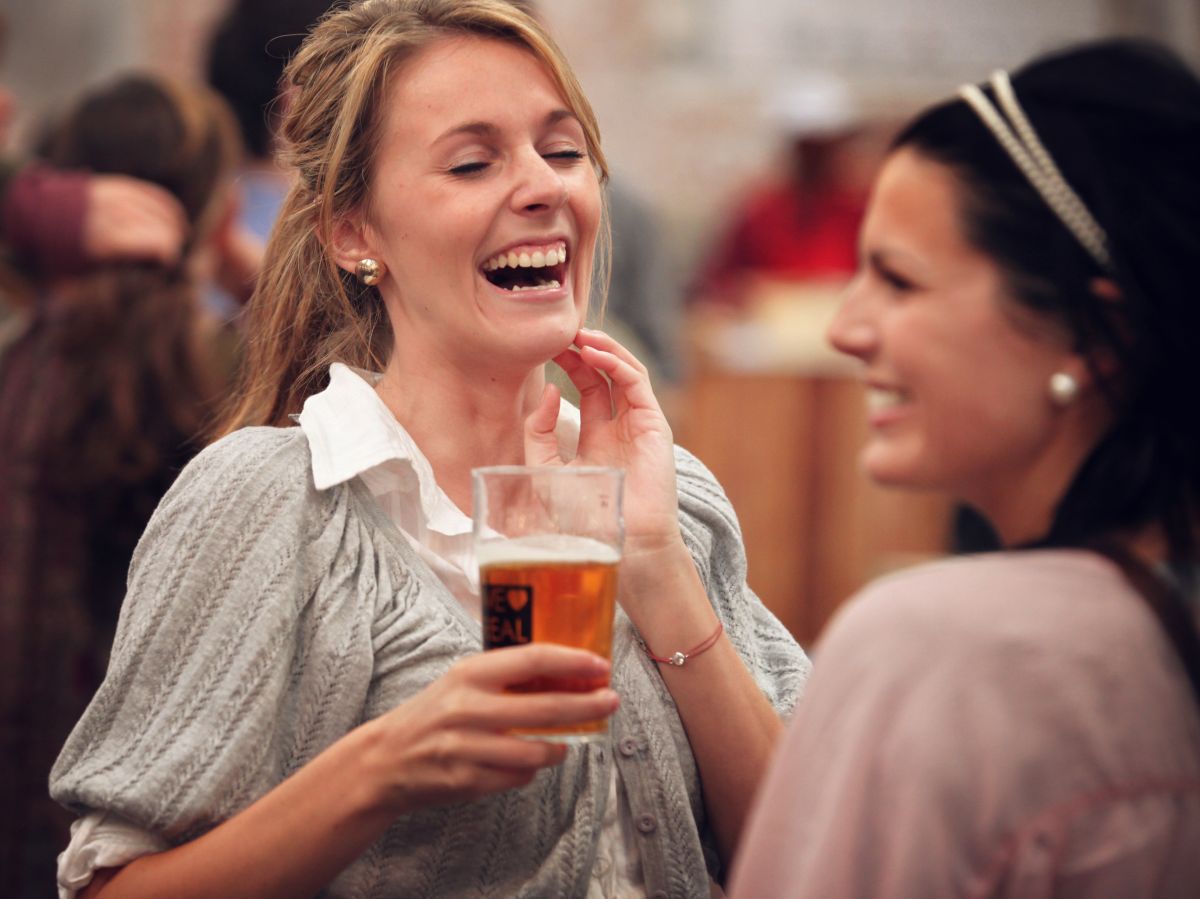
Image by Andrew Brauteseth
Everyone’s an Expert
Which brings us to the next point… because we are all connected, it’s easier to gather information about products we want to buy or destinations we want to visit.
Consumers have never held more power than they do now, as the internet allows them to explore options and do in-depth research before making a final decision. Going hand-in-hand with this, is the consumer’s preference for online purchases. Once they’ve made their decision, they want to act upon it immediately.
“As consumers continue to explore, discover and leverage the vast amount of resources, information and shops online, the amount they spend online continues to increase,” the Euromonitor report explains.
It is clear that travellers themselves are firmly in the driving seat when it comes to their travel choices. They are better informed than ever before, empowered to research their next trip and the experiences they want online and choosing how they purchase their holidays. For many that means demanding an easy seamless online booking process. We are witnessing online and offline starting to work together in a new and dynamic way as the web becomes an increasingly cluttered space with travellers turning to trusted travel experts to facilitate their bookings.
Destinate Travel is designed to provide travellers who want a more personalised and meaningful experience with travel options curated by a network of trusted and experienced people, passionate about ethical travel.
_1200_800_80_s.jpg)
Image courtesy of Stellenbosch Wine Routes
Finding my JOMO
Move aside FOMO (Fear Of Missing Out), there’s a new kid in town and her name is JOMO (Joy of Missing Out).
That’s right, as people are becoming increasingly conscious of the importance of self-care, they are opting out of activities that don’t resonate with them. This, of course, also extends to our online behaviour.
“The need for finding their JOMO sees consumers reducing their time online or cutting down on their social engagements, in favour of real-life experiences which they no longer feel compelled to share on social networks.”
As much as we encourage people to share their travel experiences, we’re also big advocates for first deep diving into an experience and truly living your best moments before sharing it online. As women who have worked in travel for more than twenty years, we understand the pressures women in particular are facing. We have taken great care to design travel experiences that will unlock joy and self-discovery for likeminded women with a new approach to all female retreat-getaways that are not just soul enriching, but empowering and fun. Our Women’s Retreats will appeal to women of all ages and backgrounds, whether they’re stay-at-home moms or climbing the corporate ladder.
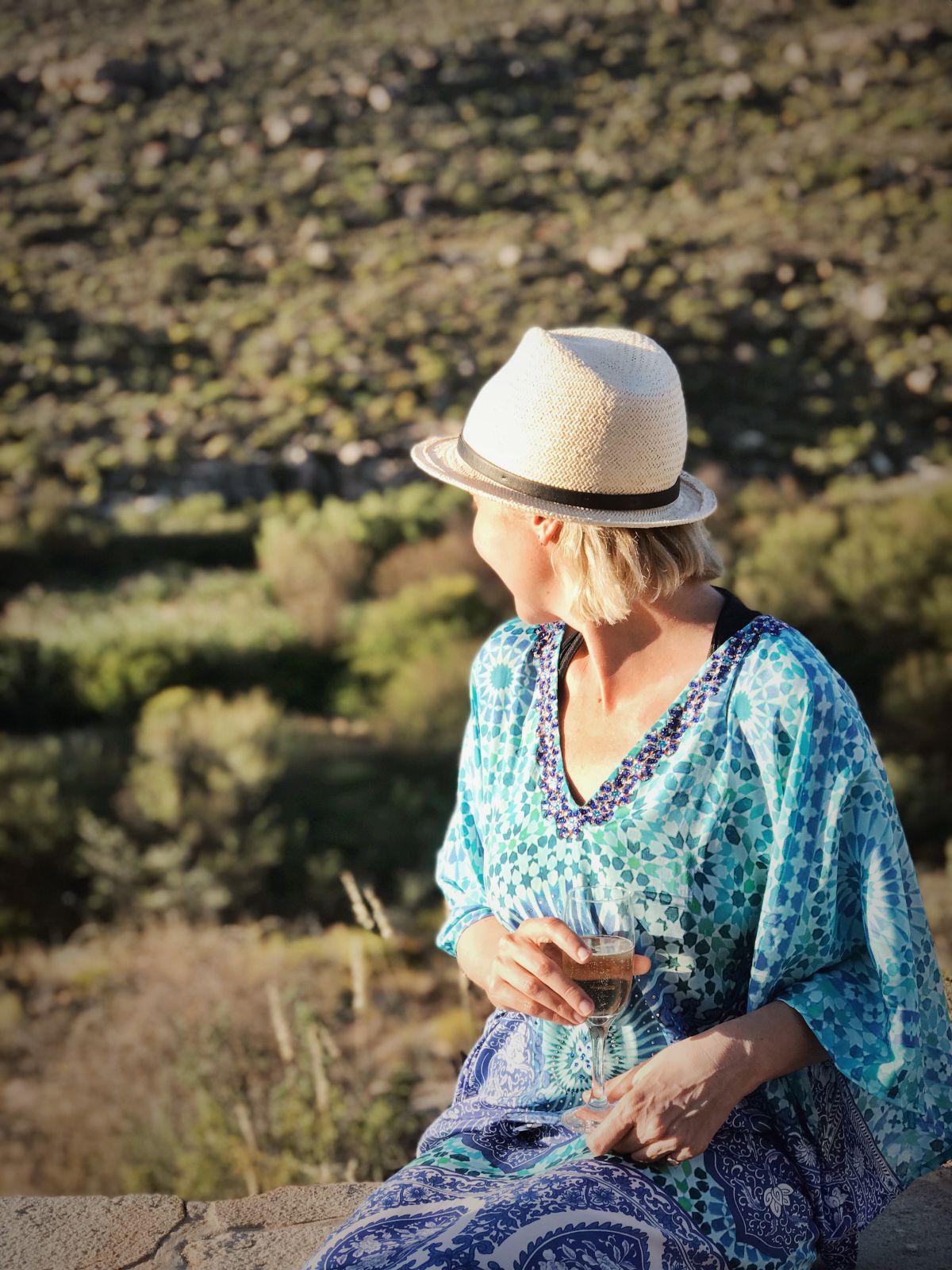
Oudrif Strawbale Retreat
I Can Look After Myself
Closely related to the above, is a widespread rise in self-sufficiency among consumers.
“The trend is characterised by forms of personalised restriction; the self-imposed ‘decluttering’ of one’s life, be it diet, house or wardrobe, that leads to versatility and, in theory, more choice,” reads the report. “The I Can Look After Myself trend is a reaction to the impulsive, rigid and highly restrictive mode of consumerism that fast fashion, instant beauty fixes and fad diets perpetuate.”
People want to take power back into their own hands by choosing products that simplify instead of complicate. Along with this they also want to get their own hands dirty by investing in learning new skills rather than acquiring new ‘things’.
We appreciate the fact that people are increasingly searching for experiences that offer them true connection with people and places. Each of Destinate Travel’s packages have been carefully curated to offer people the opportunity to dive right into destinations rather than skimming the surface. We want to emphasise the fact that places are the product of the people who live in them and offer travellers the opportunity to gain some insight into real lives through backyard concerts, shared meals and learning crafts from experts.
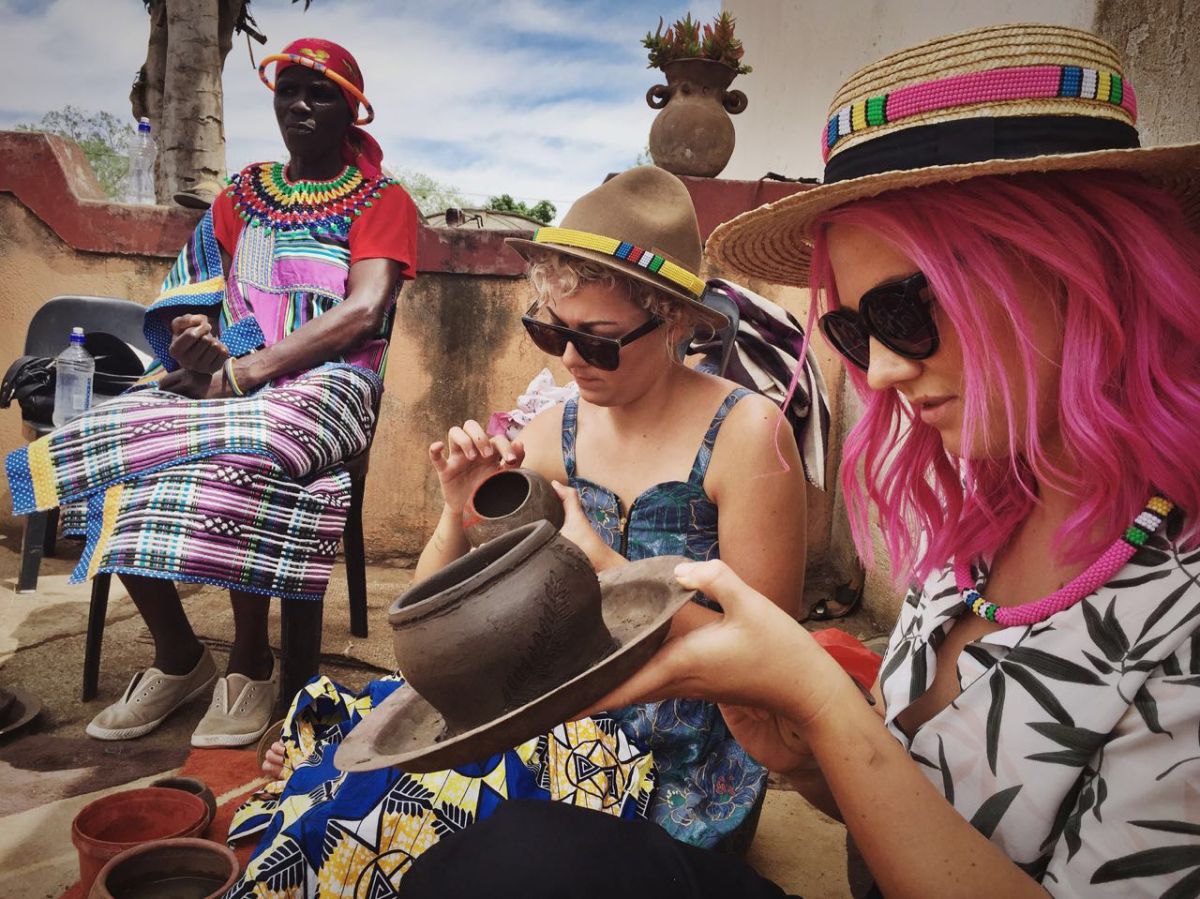
Ribola Art Route
I Want a Plastic Free World
As the devastating effects of pollution are becoming increasingly evident, consumers are becoming increasingly serious about cutting down on single-use plastic.
“The proportion of those willing to pay more for packaged food and fresh food which is environmentally conscious or eco-friendly has risen over the past two years. Similarly, the proportion of those who feel that recyclable packaging is an influential feature in beverage products has also grown.”
Grocery stores and restaurants have started responding positively by rewarding customers for cutting down on plastic. For instance, many coffee shops offer reduced rates for customers who bring their own reusable cups.
The travel partners we work with have been selected because of their deep commitment to sustainability and this is reflected in the kind of travel experiences we design with them. It is the golden thread that runs through everything we do.
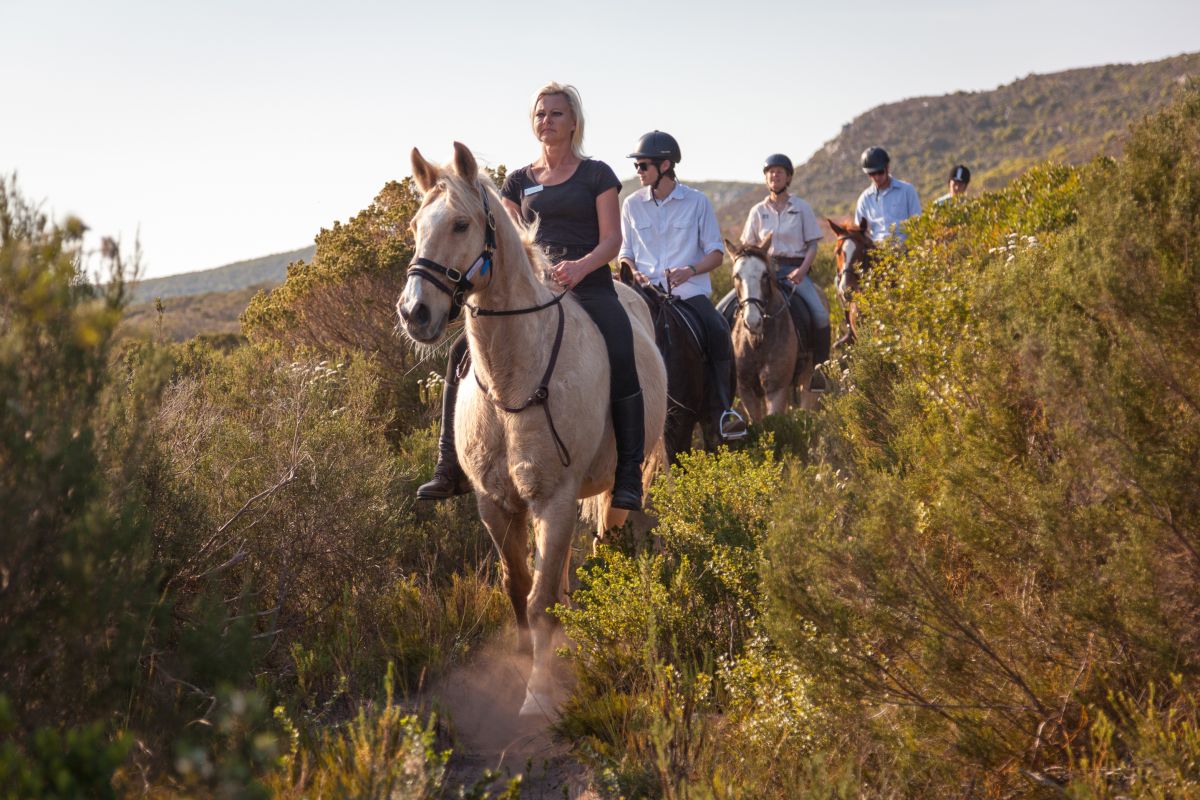
Grootbos Horseriding
I Want it Now
As mentioned before, once consumers have made a choice about investing in a product, experience or destination, they want to act upon it immediately.
“Efficiency-driven lifestyles transcend instant gratification. I Want it Now! consumers seek frictionless experiences that mesh with their lifestyles, allowing them to dedicate more time to their professional or social lives.”
While it may seem like ‘brattish’ behaviour on the surface, this trend is really rooted in the reverence we have for our own time. Time is truly our most precious commodity now. Why would we spend an entire Saturday rushing from shop-to-shop to locate a specific item, when we could simply order it online and dedicate our day to a more valuable use of our time?
This is exactly why we help conscious travellers to design the kind of experiences they crave, allowing them more freedom to explore and experience without the hassle of having to search for the unique and often unknown experiences that cannot be found in the run of the mill travel package or travel brochure and running the risk of booking experiences that won't fulfill their travel dreams.
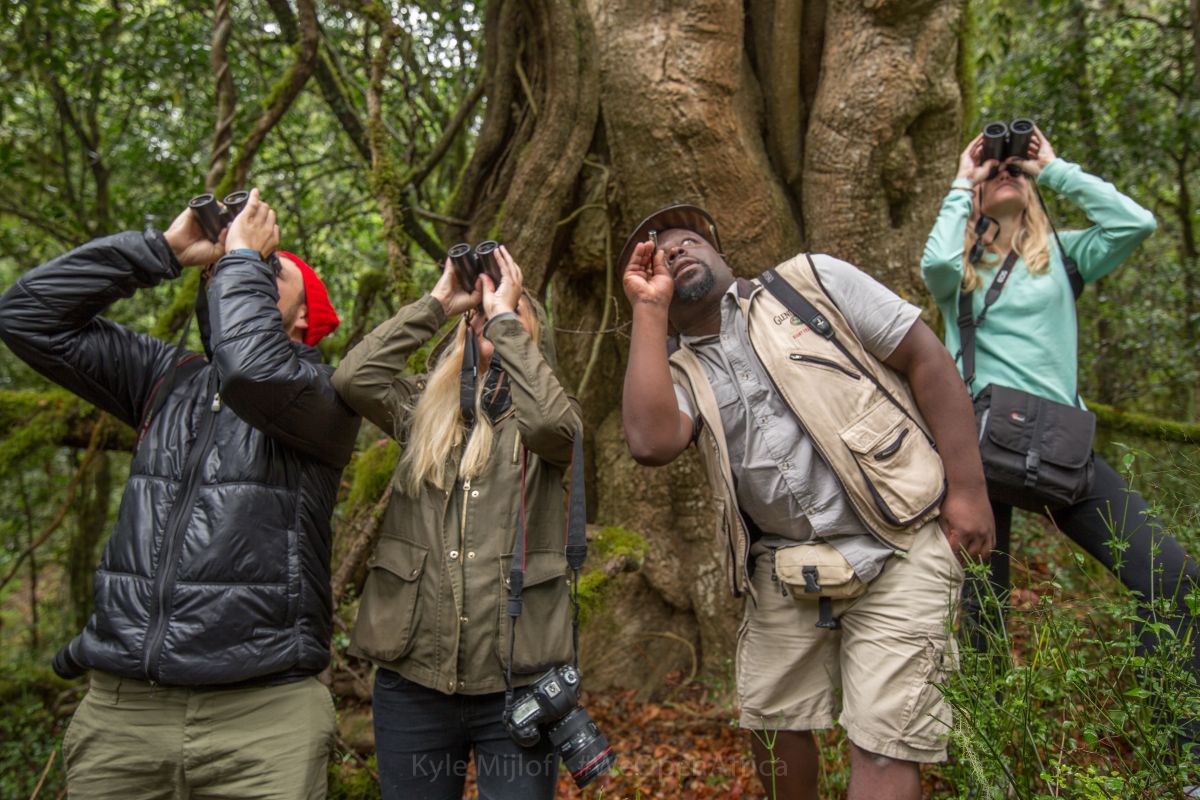
Image by Kyle Mijlof
Loner Living
“Globally, the number of single-person households, which is expected to post a compound annual growth rate (CAGR) of 1.9% over the next decade, will outpace growth of all other household sizes, and baby boomers are expected to comprise a large share of this growth.”
One of the most important aspects of a generation of single-person households, is the fact that these consumers are embracing their freedom of choice. Far from being lonely, they revel in their independence and being able to choose products, activities and destinations that truly speak to them instead of having to fit in with the needs and desires of a spouse.
In particular, we are thrilled to see the rise of solo-female travel with more and more women breaking with tradition and heading out to empower and enrich themselves through travel. The future of travel is female!
Apart from the packages and experiences available for booking on our site, we love working with individuals to tailor travel experiences that appeal to their unique desires and preferences.
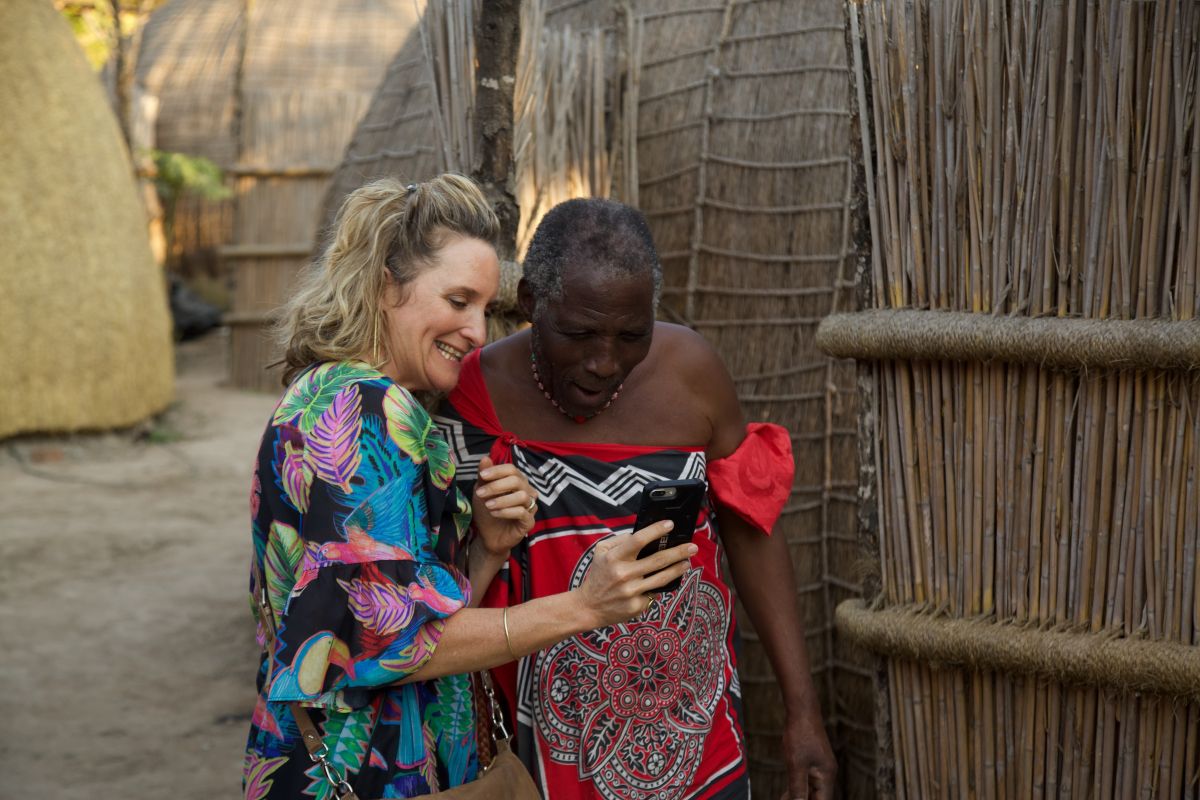
Image by Mariette du Toit-Helmbold
Visit the Euromonitor site to download the full report.